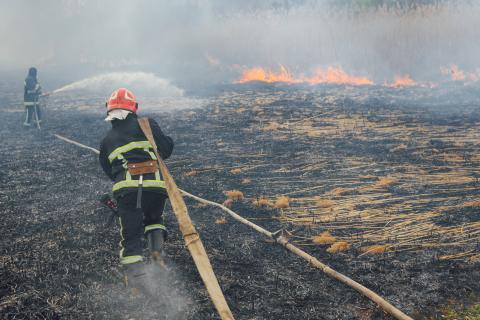
From fighting bushfires to responding to flood emergencies, Australia has always relied on an army of volunteers in times of trouble.
But the newly released National Strategy for Volunteering lays out a stark challenge facing the nation: formal volunteering has been declining since 2010.
The number of volunteers dropped from 36 percent of the population in 2019 to 26.7 percent in 2022, equating to 1.86 million fewer volunteers compared to pre-COVID-19.
Now researchers have pinpointed what motivates volunteers to overcome their fears and take on important but sometimes dangerous roles at non-profit organisations.
It’s called integral hope, and it could have practical implications for the way groups such as surf lifesaving, rural fire services and disaster response organisations recruit new volunteers.
Dr Rafi Chowdhury, an Associate Professor at the Bond Business School at Bond University, set out to better understand the relationship between fear, hope and courage in three studies involving 687 people in Indonesia and the US.
“It’s a fact of life that some volunteering activities involve risk, and so there can be hesitation among potential volunteers to sign up,” Dr Chowdhury said.
“In firefighting it could be physical risk; if you volunteer to help delinquent teens there could be a psychological risk. And in some cases you could be volunteering to do something that carries a social risk because it’s not popular.
“Many people are just not courageous enough to overcome their fears.”
But what if there was a secret ingredient that generates courage? Turns out there is: hope – but not just any kind of hope.
“There's a general kind of hopeful predisposition - some people are just more optimistic than others,” Dr Chowdhury said.
“Then there's hope that's not related to a particular situation - like I hope it's going be a good day, but that has nothing to do with the problem I'm facing.
“And then there's integral hope, which is hope directly related to the situation we’re facing.”
Dr Chowdhury said an example of integral hope might be the knowledge that volunteering as a rural firefighter leads to good outcomes for fire victims, and that volunteers can make a real difference in people's lives.
For people considering volunteering with delinquent youth, integral hope might be that they can help turn around lives.
“What this means for volunteer organisations that are recruiting people is that when people have hesitation, try to give them the hope that can help them overcome their fears. This will lead to courage.”
Recruiting volunteers: the roles of fear, hope and courage was co-authored by Dr Felix Septianto of University of Queensland and published in the European Journal of Marketing.

